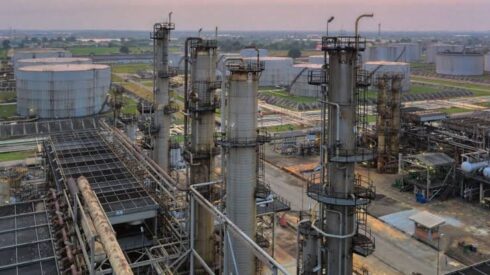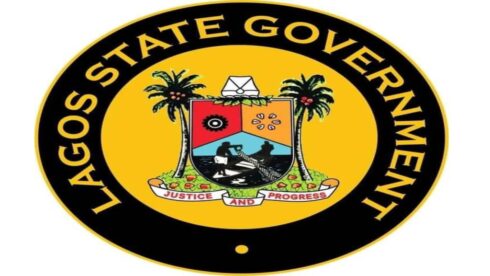Dangote Refinery and The Independent Petroleum Marketers Association of Nigeria (IPMAN) has announced a significant reduction in petrol prices, with a fixed retail price of N935 per litre starting today, Monday. This development follows an agreement between IPMAN and the Dangote Petroleum Refinery, which has reduced the ex-depot price to N899.50 per litre.
According to IPMAN’s National President, Maigandi Garima, this new pricing framework is aimed at standardizing petrol costs across the country. Garima highlighted that the cost of logistics, pegged at N36 per litre, is factored into the pricing structure, allowing marketers to maintain competitive rates nationwide. “The Dangote refinery has introduced a new arrangement that ensures uniform pricing across the country. This reduction in the ex-depot price will positively impact both marketers and consumers,” Garima said.
Healthy Competition Between NNPCL and Dangote
The ongoing rivalry between the Nigerian National Petroleum Company Limited (NNPCL) and the Dangote Refinery has sparked a price war that experts believe is beneficial for Nigerians. IPMAN’s Publicity Officer, Chinedu Ukadike, emphasized that this competition will reveal the true cost of Premium Motor Spirit (PMS) production and logistics, driving down prices.
“NNPCL recently updated its pricing portal, allowing marketers to request and pay for products at the new rates. This deregulated market is fostering healthy competition, which ultimately benefits commuters by ensuring lower prices and improved access,” Ukadike explained. The interplay of pricing between multiple suppliers is expected to encourage higher consumption rates as marketers expand their retailing capacity.
Retail Outlets Gear Up for Implementation
Retail outlet owners under the Petroleum Products Retail Outlet Owners Association of Nigeria (PETROAN) have begun registering with MRS filling stations to lift petrol from Dangote at the reduced price of N935 per litre. PETROAN President Billy Gillis-Harry noted that this partnership aims to ensure nationwide distribution at the new price point.
Gillis-Harry expressed optimism about the sector’s future, stating, “Dangote’s pricing mechanism brings value for PETROAN members, and with smooth product off-take starting today, we anticipate a quick implementation of the price reduction across retail centres. The economies of scale favour Dangote, but NNPCL is also working hard to flood the market with available products.”
Dangote Refinery Nears Full Capacity
The Dangote Refinery, operating at 85% capacity, is now producing 550,000 barrels per day (bpd) of crude oil and is on track to deliver European-standard petroleum products by January. Edwin Devakumar, Head of the Dangote Refinery, confirmed this development, adding that the facility aims to compete with European refineries upon reaching full capacity.
The refinery’s recent price adjustments are expected to enhance its competitiveness and ensure greater market penetration. However, challenges remain, including securing sufficient crude locally to sustain operations at maximum output. Despite these hurdles, stakeholders remain optimistic that the ongoing price reduction trend will continue to benefit Nigerians in the coming months.
Industry Collaboration and Registration Process
The Petroleum Products Retail Outlet Owners Association of Nigeria (PETROAN) has initiated registration with MRS filling stations to access Dangote’s petroleum products at the new rate. This collaborative approach demonstrates the industry’s adaptation to the evolving market structure.
PETROAN’s president highlights that member stations are already implementing price reductions, with some outlets in Abuja taking the initiative to offer lower prices. The association expects this trend to continue as more members complete their registration and begin accessing products through the new framework.
Future Outlook and Production Capacity
The market transformation coincides with encouraging news from the Dangote Refinery, which reports operating at 85 percent capacity, processing 550,000 barrels per day. The facility aims to deliver European-standard products by January, despite challenges in securing sufficient local crude supply.
Industry experts anticipate further price fluctuations as the market continues to adjust to the competitive environment. The ongoing price war between major players is expected to reveal the true costs of PMS production and logistics, potentially leading to more sustainable pricing structures in the long t













